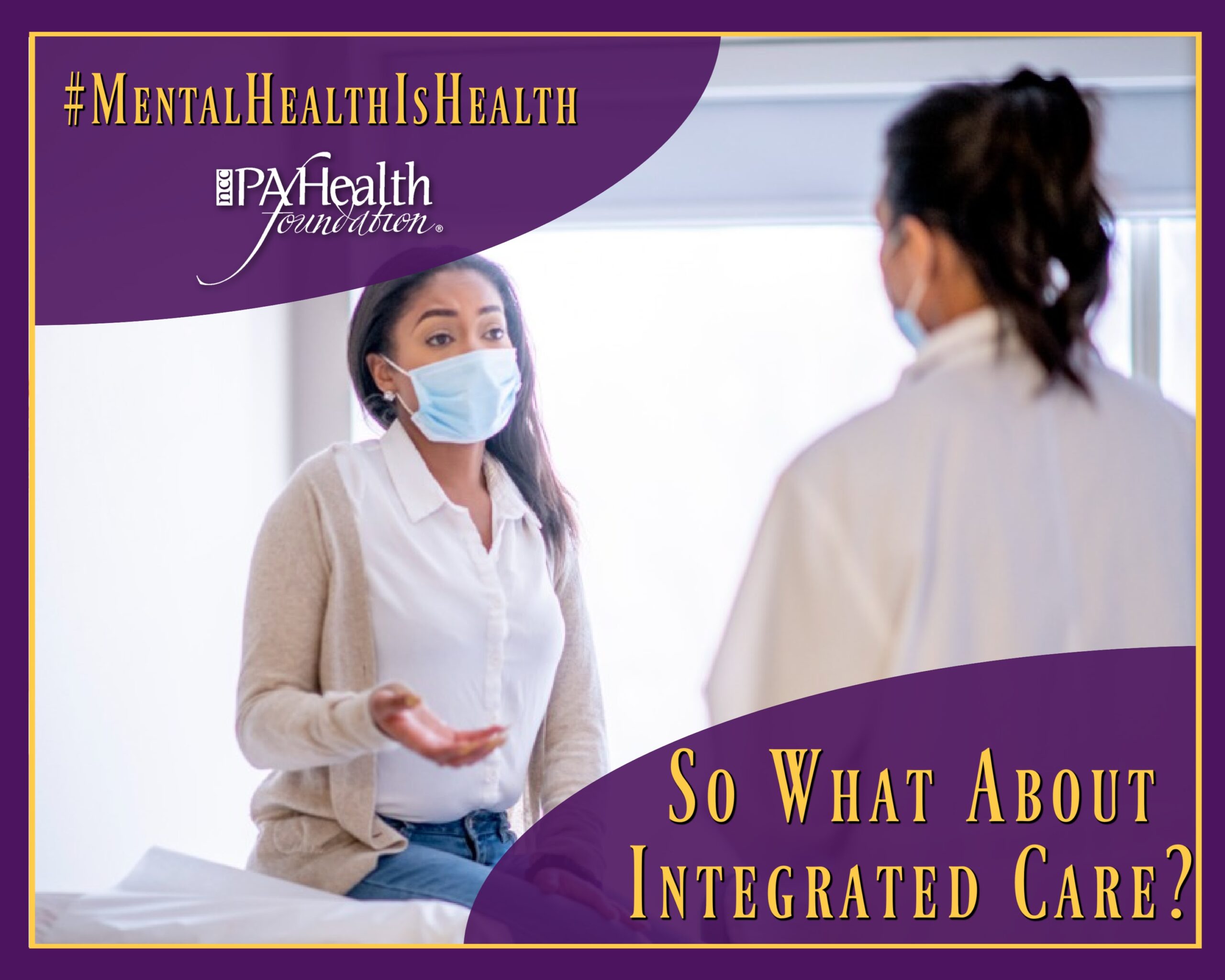So What About Integrated Care?
Did you know people with diabetes experience depressive disorders at two times the rate of other individuals? Or, that people with chronic pain have a higher rate of suicide attempts and completions than the general population? What about the fact that stress from mood and anxiety disorders elevates cortisol levels, which can result in cardiovascular problems such as atherosclerosis? Perhaps most remarkably, did you know that 45% of individuals that complete death by suicide visited their PCP within the previous 30 days? It is for these reasons, and many more that integrated care has become a focus in health care.
Integrated care is a broad term used to describe any attempt to place psychiatric services, primary care, or specialty care in the same setting. It takes many shapes; some clinics have a psychiatrist that can consult with the PCP or specialist. Others have psychiatry imbedded in the clinic for both consultative and direct patient care. While others have brought primary care into the psychiatric clinic. Each model seeks to provide whole person care – recognizing the connection between physical and mental health and addressing both in a more complete way.
As clinicians in the COVID-19 era, we are seeing increases in depressive and anxious symptoms as well as alcohol, tobacco, and other substance use. PAs are uniquely equipped to provide integrated care within their own practice settings – no specialist required. Educated in the medical model, we are knowledgeable across body systems and trained to be curious, thorough, and kind.
We don’t have to know how to treat mental illness or substance use disorders if that’s not our area of daily practice, but we should know our population that is at the highest risk and ask questions related to mood and anxiety. We can also pay particular attention when our patient doesn’t seem their usual self, let them know we noticed and simply ask, “Is there anything you want to talk about?”. If we know how to connect our patients to care, whether referral for therapy or medication management, informing a family member or friend, or contacting a crisis line with them, we can engage in whole person integrated care. It only takes a few minutes, and it’s an opportunity to save a life!

Resources:
- PA Insights with NCCPA Podcast – October 2021 (15:08)
- Mind Shift: Taking Whole-Person Care from Concept to Practice with Amber Buzzi, MSPAS, PA-C & Phyllis Peterson, MPAS, PA-C (co-sponsored by the PA Foundation and the nccPA Health Foundation) – January 2021
References:
- American Psychiatric Association, Integrated Care: https://www.psychiatry.org/psychiatrists/practice/professional-interests/integrated-care
- Canadian Mental Health Association, The Relationship between Mental Health, Mental Illness, and Chronic Physical Conditions: https://ontario.cmha.ca/documents/the-relationship-between-mental-health-mental-illness-and-chronic-physical-conditions/
- Journal of American Board of Family Medicine, Outcomes of Integrated Behavioral Health with Primary Care: https://pubmed.ncbi.nlm.nih.gov/28379819/
- The Commonwealth Fund, How Practice Can Advance the Implementation of Integrated Care in the COVID-19 Era: https://www.commonwealthfund.org/publications/issue-briefs/2020/nov/practices-advance-implementation-integrated-care-covid

